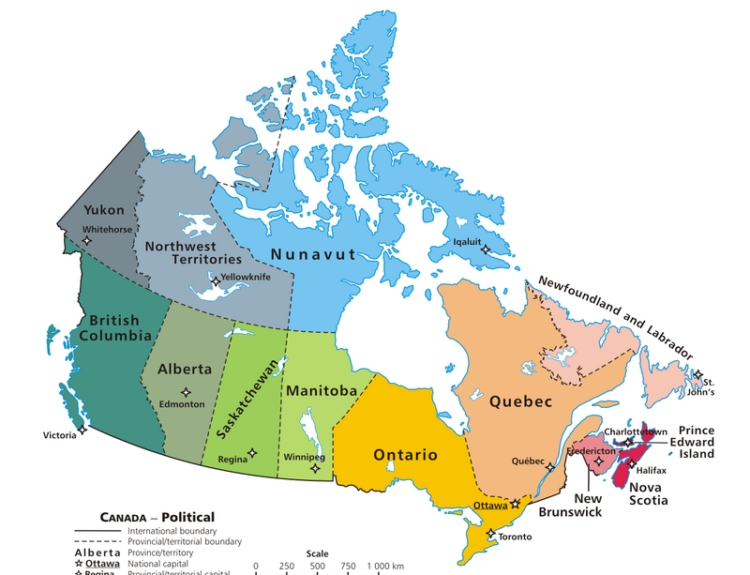Goldman Sachs study reveals the consequences of leaving the EU
- U.K. economy is 5% worse off due to Brexit
- GDP per capita stagnated since COVID-19
- Higher inflation compared to rival economies
- Trade volumes 15% lower than comparable countries
- Investment in the U.K. is 5% lower than if it had never left the EU
- Drop in EU migration tightened the labor market and exacerbated inflation
- Post-Brexit push to increase high-skilled workers and reduce low-paid workers
- New trade deals outside the EU could help mitigate long-term costs
The U.K. economy has been significantly affected by Brexit, with a 5% decline compared to if it had remained in the European Union. GDP per capita has stagnated since COVID-19, while inflation has been higher than in rival advanced economies. Trade volumes have dropped by 15%, leading to lower exports and imports. Investment in the U.K. is 5% lower than it would have been without Brexit. The decrease in EU migration has tightened the labor market and contributed to inflation. However, the U.K. aims to increase high-skilled workers and reduce low-paid workers to boost productivity. New trade deals outside the EU may help mitigate the long-term costs of Brexit, but the reduction in trade with the European bloc remains a challenge.
Public Companies: Goldman Sachs (GS)
Private Companies:
Key People: Sven Jari Stehn (Chief European Economist)
Factuality Level: 7
Justification: The article provides information from a study conducted by Goldman Sachs, which suggests that the U.K. economy is 5% worse off due to Brexit. It also mentions the impact on GDP per capita, inflation, trade volumes, investment, and migration. The article does not contain any obvious bias or personal perspective, and the information provided is consistent with economic trends and the potential consequences of Brexit.
Noise Level: 3
Justification: The article provides a clear analysis of the negative impact of Brexit on the UK economy, citing a study by Goldman Sachs. It discusses the slump in trade and investment, the stagnation of GDP per capita, and the higher inflation compared to other advanced economies. The article also mentions the drop in EU migration and its impact on the labor market. It acknowledges the potential long-term benefits of increasing high-skilled workers and new trade deals, but states that they are unlikely to outweigh the reduction in trade with the EU.
Financial Relevance: Yes
Financial Markets Impacted: The article mentions the impact of Brexit on the U.K. economy, including a slump in trade and investment. It also discusses the higher inflation in the U.K. compared to rival advanced economies.
Presence of Extreme Event: No
Nature of Extreme Event: No
Impact Rating of the Extreme Event: No
Justification: The article focuses on the economic impact of Brexit on the U.K., specifically the negative effects on trade, investment, and inflation. While there is no mention of an extreme event, the article provides relevant information about the financial implications of Brexit.
 www.marketwatch.com
www.marketwatch.com 





